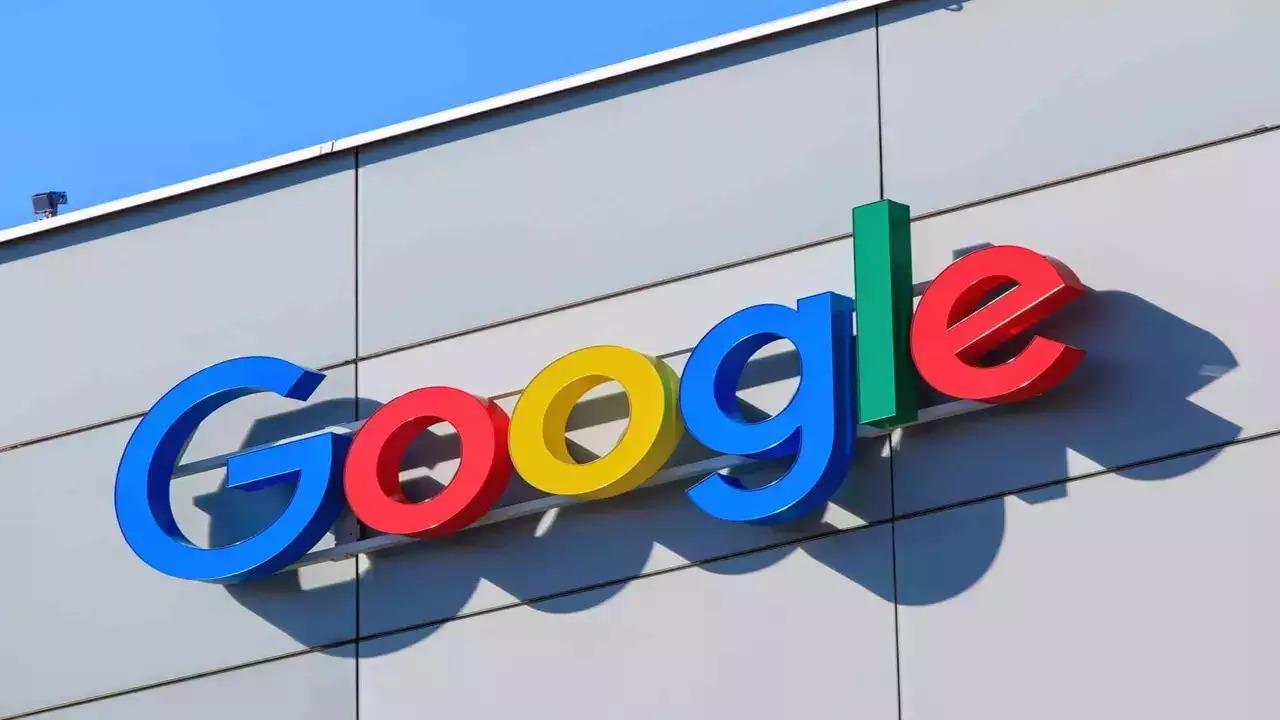Google’s second antitrust trial begins Monday
Washington: Google He is ready to face the United States Department of Justice in a highly anticipated trial, with opening arguments scheduled for Monday. This legal battle, which will be held in a federal district court in Alexandria, Virginia, will center on allegations that Google has illegally maintained its dominance in multiple facets of the online advertising ecosystem.
U.S. District Court Judge Leonie Brinkema, a Clinton administration appointee, is presiding over the case. The lawsuit, launched in January 2023 by the Biden administration’s Justice Department, has garnered support from 17 state attorneys general. The central claim is that Google has violated antitrust laws to monopolize digital advertising markets.
“This is a crucial case for both sides,” said Eleanor Fox, a professor at New York University School of Law.
This trial comes on the heels of another major antitrust defeat for Google. Just a month earlier, the company was found to have illegally monopolized the markets for general search engines and search advertising. That ruling came from U.S. District Judge Amit Mehta in Washington, D.C., in a case brought by the Justice Department during President Donald Trump’s presidency. Google has indicated its intention to appeal that decision.
In the current case, the government alleges that Google used anticompetitive practices to dominate the markets for ad servers, ad exchanges, and advertiser advertising networks — key components in the infrastructure that enables advertisers and publishers to market digital ads.
At the heart of the case is an allegation that Google used its leading search engine to enter the digital advertising market and then consolidated its position by acquiring competitors. Prosecutors trace this pattern back to 2000, when Google launched Google Ads (formerly known as AdWords), which allowed advertisers to buy space on Google’s platforms, including search results pages. Later that year, Google introduced a service that allowed advertisers to buy ad space on third-party sites.
According to the Justice Department, Google’s strategy evolved toward building a “moat” around the ad tech industry by developing a dedicated ad server for publishers. This, they claim, allowed Google to control both sides of the digital advertising ecosystem and secure a powerful middleman role, from which it extracted significant profits.
Disclaimer:
The information contained in this post is for general information purposes only. We make no representations or warranties of any kind, express or implied, about the completeness, accuracy, reliability, suitability or availability with respect to the website or the information, products, services, or related graphics contained on the post for any purpose.
We respect the intellectual property rights of content creators. If you are the owner of any material featured on our website and have concerns about its use, please contact us. We are committed to addressing any copyright issues promptly and will remove any material within 2 days of receiving a request from the rightful owner.

